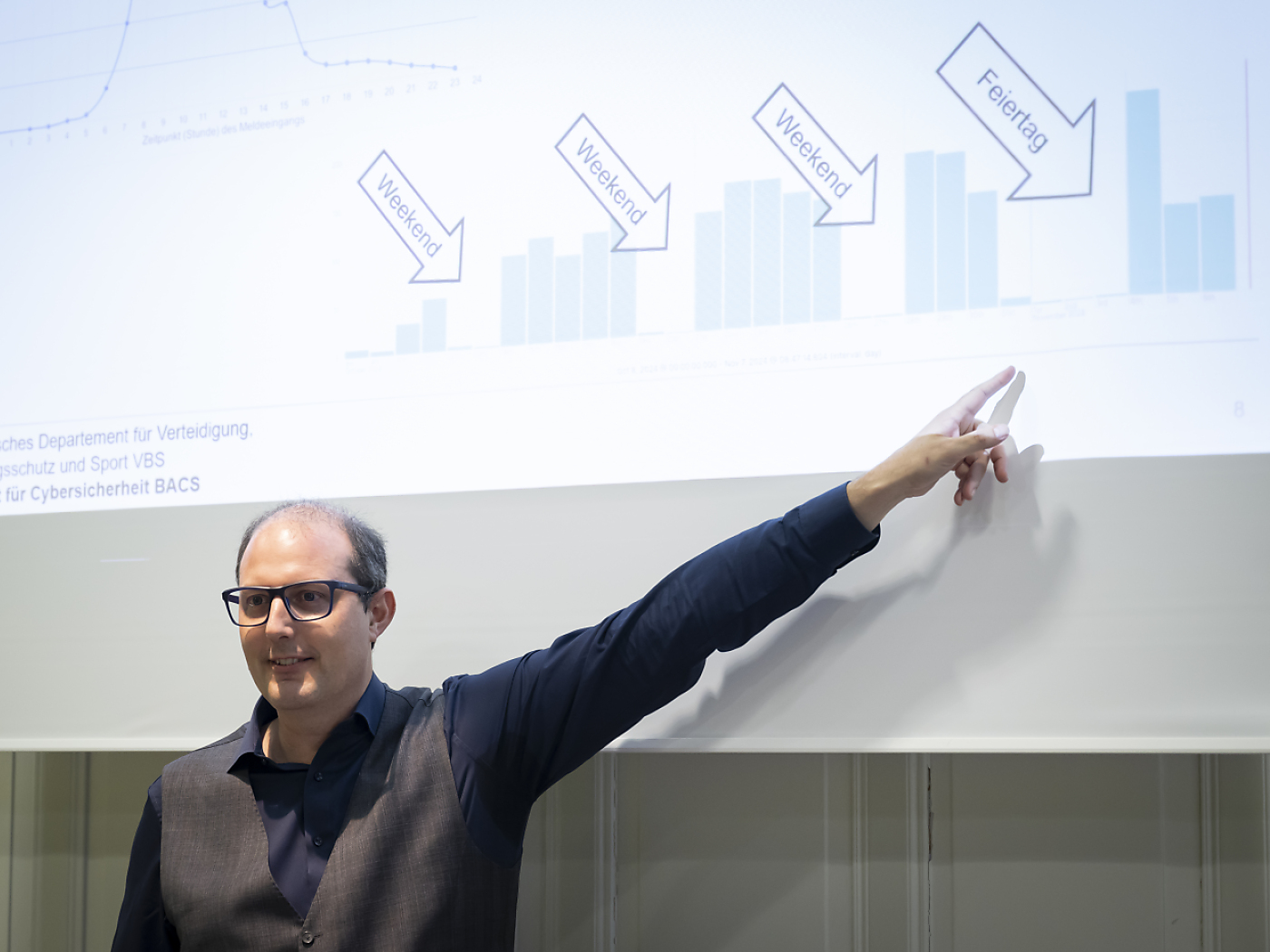Real wages in Switzerland likely to rise in 2025 according to UBS Keystone-SDA Listen to the article Listening the article Toggle language selector English (US)
Topics:
Swissinfo considers the following as important: 3.) Swissinfo Business and Economy, 3) Swiss Markets and News, Featured, newsletter
This could be interesting, too:
Nachrichten Ticker - www.finanzen.ch writes Die Performance der Kryptowährungen in KW 9: Das hat sich bei Bitcoin, Ether & Co. getan
Nachrichten Ticker - www.finanzen.ch writes Wer verbirgt sich hinter der Ethereum-Technologie?
Martin Hartmann writes Eine Analyse nach den Lehren von Milton Friedman
Marc Chandler writes March 2025 Monthly

Higher wages and falling inflation are likely to increase the purchasing power of the Swiss population in the coming year. However, rising health insurance premiums, could leave many households with less in their wallets at the end of each month.
+ Get the most important news from Switzerland in your inbox
This is the conclusion of the salary survey published on Thursday by the Chief Investment Office of UBS Global Wealth Management (UBS CIO GWM). According to the survey, the 345 Swiss companies surveyed by UBS plan to increase wages by an average of 1.4% in 2025.
+ Unions and employers have wildly different pay expectations
“Although this means that wage growth will slow slightly, real wages are likely to increase for the second time due to the expected decline in inflation,” said UBS Chief Economist Daniel Kalt at a media conference. UBS is forecasting inflation of 0.7% for 2025. On average, wages are therefore likely to rise by 0.7% in real terms.
Wage increase broadly based
According to UBS, employees in the IT and telecommunications sector as well as the energy, utilities and waste disposal sector can expect the highest wage increases of around 2%. The chemical and pharmaceutical industry follows with 1.7%. “However, a large part of the industry is likely to lag behind the average,” explained UBS economist Florian Germanier.
+ How far does CHF7,000 per month get you in Switzerland?
The media industry recorded the lowest wage growth, sharing last place with the building materials industry and retail trade with a rise of 1%. But here too, the expected inflation of 0.7% means an increase in real wages and therefore purchasing power.
Less in the wallet
However, this does not take into account health insurance premiums, which have been rising sharply for years. “Many Swiss households are therefore likely to feel a decline in purchasing power,” continues Germanier.
Nevertheless, the UBS economists assume that the forecast real wage increases will support consumption in the coming year, “even if rising health insurance premiums and the moderate increase in unemployment limit the potential.”
Rising wages are also unlikely to trigger any inflationary pressure: “Due to falling electricity prices and the expected decline in the reference interest rate, inflation should continue to fall in 2025,” said chief economist Kalt.
Translated from German by DeepL/mga
This news story has been written and carefully fact-checked by an external editorial team. At SWI swissinfo.ch we select the most relevant news for an international audience and use automatic translation tools such as DeepL to translate it into English. Providing you with automatically translated news gives us the time to write more in-depth articles.
If you want to know more about how we work, have a look here, if you want to learn more about how we use technology, click here, and if you have feedback on this news story please write to [email protected].
Tags: Featured,newsletter










